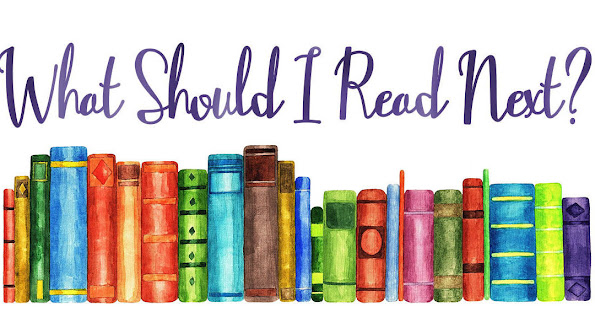Week 4 - Secret Shopper (Summary)
Since I currently am living in
Japan, and do not fluently speak or read Japanese, I did not have access to a
public library to conduct a RA secret shopper inquiry in-person; instead, I
randomly chose three public libraries online and submitted inquires
electronically. I began by performing a general search for ‘public library
personalized recommendations’ and made sure to choose libraries that I was completely
unfamiliar with, to reduce personal bias as much as possible. Each of the
libraries I selected had markedly different online forms to fill out as part of
the personalized RA service, and oddly enough, the library whose form I was
most unimpressed with turned out to provide the most satisfying RA experience,
while the library whose form I found quite enjoyable provided my least
satisfying RA experience. Wyatt and Saricks (2019) explain that, “The goal of
readers’ advisory (RA) service is to help readers discover titles they are
currently in the mood to read” (p. xv), and even with their differing approaches
to obtaining the information needed to conduct a RA search, each of the libraries
I contacted fulfilled this goal.
Overall, the (online) RA service
experience was mostly what I was expecting, as I received recommendations from
all three libraries that immediately went onto my To-Read list, but also found
that not every recommendation hit the mark for me. When the forms asked for
books I liked/did not like and why, I kept in mind Saricks’ (2009) Rule of
Three, “What are the three words that best capture the appeal of the book?” (p.
25); by providing the librarian with specific, concise reasons why I enjoyed (or
did not) the books listed, it would hopefully allow the RA search to be better
targeted towards similar titles and appeals. The recommendations that were a
success did have similar appeals, while the less successful titles, ended up
being books I had either read before and did not fully enjoy, or were YA, which
I do not usually gravitate towards.
I was surprised by the fact that
the RA form I initially liked least of all belonged to the library that I had
the best service experience with; yet another prime example for ‘not judging a
book by its cover’! Given this, I would absolutely contact library #3 again for
future recommendations. I would not completely discount library #1 and #2 for
future recommendations, but would keep in mind the reply time frame and take
that into consideration when next I requested RA service, and would also make
sure to inform the librarian of the previous recommendations that did not suit
and give reasons why.
The suggestions I would offer for a
more positive future RA service encounter would be, to try to shorten the reply
time frame and to make sure to conclude the reply with statements about
follow-up communication, regarding whether or not recommendations were
suitable, or if there were any additional concerns.
References
Saricks, J. (2009). At leisure: The rule of three. Booklist,
106(3), 25.



I am glad you found something to read. Your approach of selecting unfamiliar libraries online to minimize personal bias is such a good idea! Using different online forms for the personalized RA service was such a creative way to get this secret shopper assignment done! It is interesting that you note that the library with the least impressive form turned out to offer the most satisfying RA experience.
ReplyDeleteI appreciate how you applied the old phrase “Don’t judge a book by its cover” here.
Thanks so much! I actually found a lot of somethings to read, thanks to this assignment lol Not a bad "problem" to have, right? :)
DeleteIt's really impressive that you thought to look for RA forms online to do this assignment, I never would have had that train of thought!
ReplyDeleteWhat kind of questions were asked on the forms that you liked and didn't like, and what about the forms made you not like them?
Thanks! Since I'm not able to get to a library in-person, I had to consider my next-best option.
DeleteThe questions I most liked (even though they required extra time and effort to answer properly) were the ones that asked specifics - what titles/authors I liked, but more importantly, why I liked them. The more details provided, the better the chance at receiving successful RA recommendations. And, the flip side of that coin, the forms I didn't respond well to only asked general questions, with no clarifying aspects - list a genre you like, list the last book you liked (no asking why, or to explain more).
I really enjoy the direction you took this assignment, even if it was out of necessity! This is a side of RA that I hadn't considered as much before, but I can see how options like these could be used by patrons in a variety of situations. I wonder how the in-person vs online RA interactions at each library would compare; would they be the same quality, or do in-person interactions sometimes sacrifice quality and thoroughness in favor of efficiency? Thanks for sharing!
ReplyDeleteI noticed the library I went to has an online feature too and was seriously thinking of trying it out. Even though I'm happy with my overall experience, now that I've read some other people's more in depth experiences I wonder if I'll have a different result and possibly more recommendations with an online form.
ReplyDeleteGreat summary and discussion!
ReplyDelete